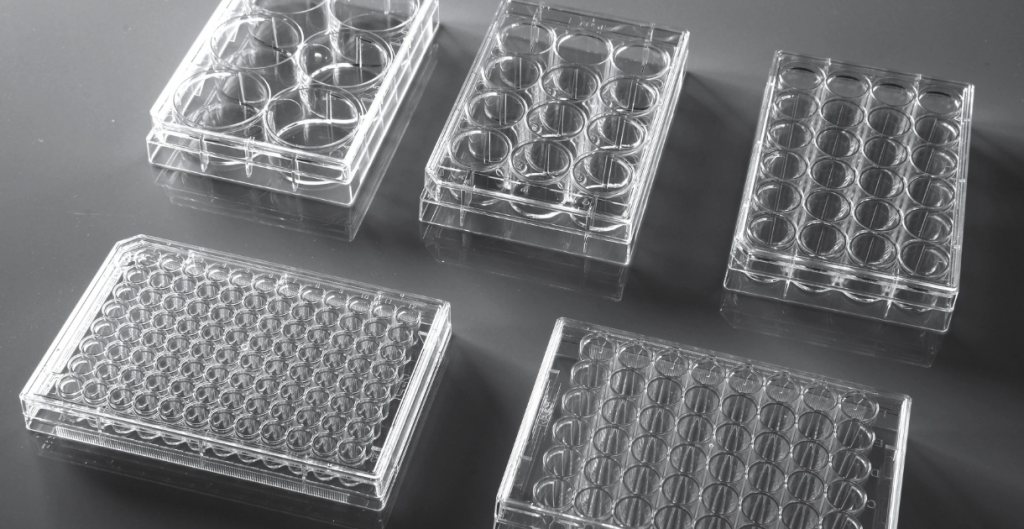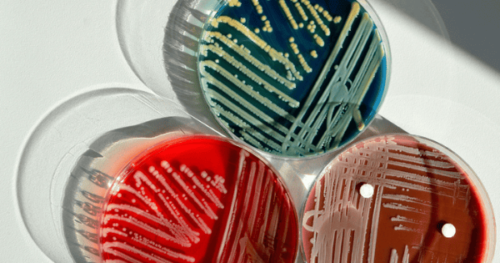Introduction:
Cell culture is a fundamental technique in life science research, allowing scientists to study cellular behavior, conduct experiments, and develop new therapies. At the heart of cell culture are cell culture plates, specialized vessels that provide a controlled environment for cell growth and experimentation. In this blog, we will delve into the significance of cell culture plates and their pivotal role in advancing scientific discoveries.
Understanding Cell Culture Plates:
Cell culture plates, also known as cell culture dishes or cell culture wells, are multi-well plates made of high-quality plastic materials such as polystyrene. They consist of a flat base with multiple wells, each serving as an individual compartment for cell growth. Cell culture plates come in various sizes and formats, accommodating different research needs and experimental setups.
Creating a Controlled Environment:
Cell culture plates create a controlled environment for cell growth and experimentation. The wells of the plate are treated with specialized coatings to promote cell adhesion and growth, mimicking the natural cellular environment. The plates are also designed to be sterile and feature lids or covers to maintain aseptic conditions and prevent contamination during the culture process.
High Throughput Screening:
Cell culture plates are widely used in high throughput screening assays, which involve testing large numbers of compounds or conditions for their effects on cells. The multi-well format of cell culture plates allows researchers to simultaneously culture and treat cells in different wells, enabling efficient screening of potential drugs, genetic manipulations, or environmental factors.
Cell-based Assays and Experiments:
Cell culture plates serve as a versatile platform for conducting various cell-based assays and experiments. From cell viability and proliferation assays to gene expression studies and drug screening, cell culture plates provide a standardized and controlled environment to assess cellular responses, study cell-to-cell interactions, and investigate the effects of different experimental conditions.
Co-Culture and Cell Differentiation:
Cell culture plates facilitate co-culture experiments, where multiple cell types are cultured together to study cell-cell interactions and tissue development. By culturing different cell types in adjacent or separate wells of the plate, researchers can investigate complex cellular processes, such as cell signaling, immune responses, and cell differentiation.
Time-Lapse Imaging and Live Cell Imaging:
Cell culture plates are compatible with various imaging techniques, including time-lapse imaging and live cell imaging. The transparent nature of the plate allows researchers to visualize and record cell behavior and changes over time. This enables the observation of dynamic cellular processes, such as cell division, migration, and response to stimuli, providing valuable insights into cellular dynamics.
Long-Term Culture and Experimental Flexibility:
Cell culture plates offer the flexibility to perform both short-term and long-term experiments. Researchers can culture cells in the plates for extended periods, allowing the study of cellular behavior over time. Additionally, cell culture plates can be used in conjunction with other cell culture tools, such as incubators, microscopes, and automated systems, enhancing experimental control and expanding research possibilities.
Conclusion:
Cell culture plates play a vital role in life science research, providing a controlled environment for cell growth, experimentation, and analysis. Their versatility, compatibility with imaging techniques, and the ability to accommodate various cell-based assays make them indispensable tools in a wide range of applications. By utilizing cell culture plates, researchers can uncover cellular insights, advance scientific understanding, and drive innovations in the field of life sciences.
In the dynamic realm of life science research, cell culture plates stand as essential vessels, nurturing cellular knowledge and paving the way for groundbreaking discoveries and medical advancements.
Website : https://gvsmalaysia.com.my/



